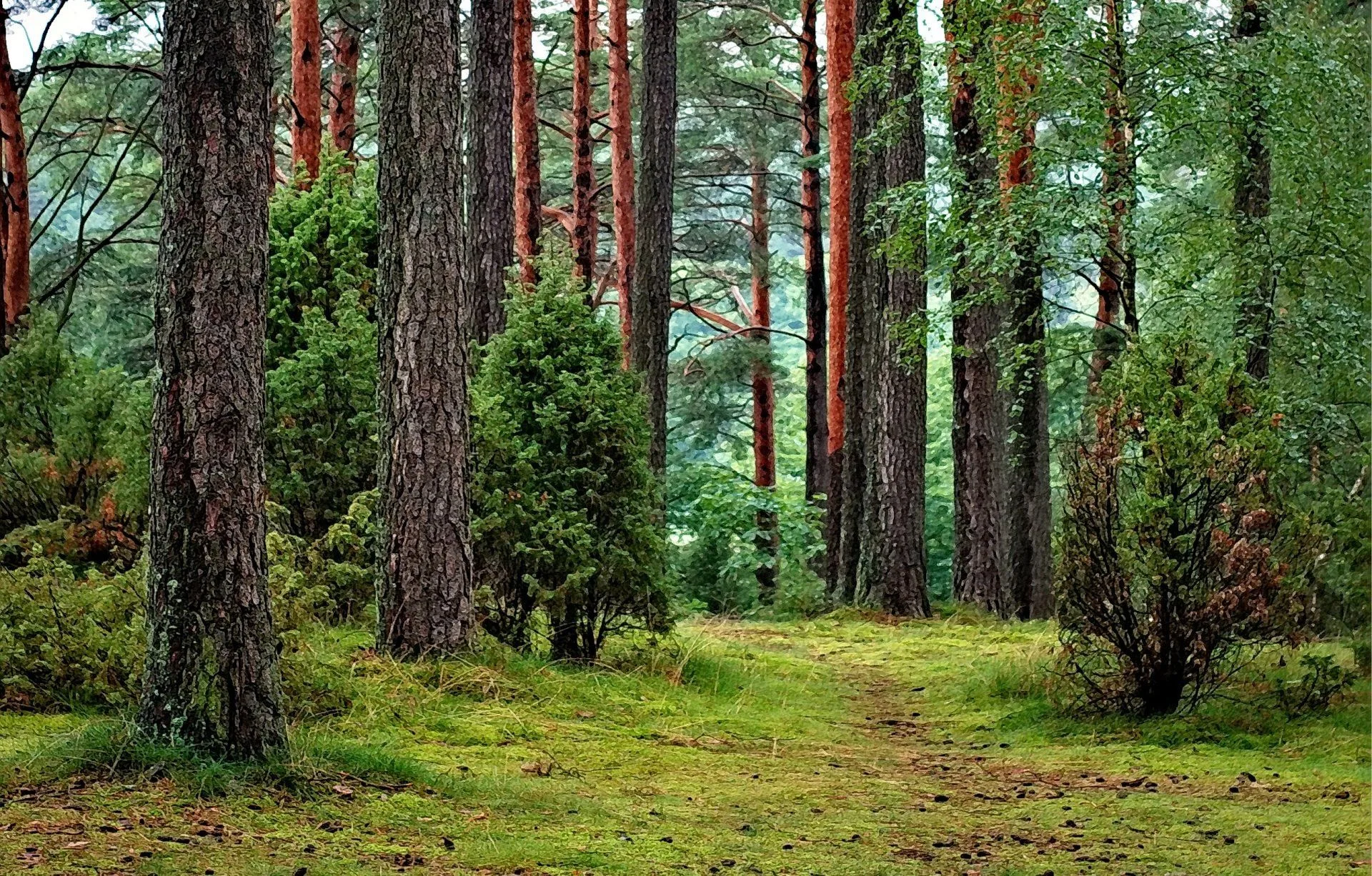Is a Vegan Lifestyle Better for the Environment?
View the original project on VeganGently.com
Let's Take a Deep Dive Into the Environmental Impact of a Vegan Lifestyle

The climate crisis is, without doubt, one of the greatest problems humanity has ever faced.
By now, we should all be aware that the emissions produced by our modern society are filling the atmosphere with greenhouse gasses such as carbon dioxide and methane, which leads to a heating effect on the planet that, if left unchecked, will irrevocably damage our planet’s climate. Indeed, for many of us, this deeply worrying future has been a very real concern for longer than we’ve been alive, but, in the last few years, the reality of the situation has become even starker.
In the wake of various events of extreme weather activity over the last couple of years, many people are looking to make significant changes to their lifestyles, in order to do their part to protect the planet. Perhaps the most notable of these lifestyle changes is the decision many people are making to go Vegan.
But is a vegan lifestyle actually better for the planet?
If you try to research this you’ll find various articles written from different perspectives arguing over the nuts and bolts of the problem but most arguments boil down to a few simple truths.
On the one hand, it is undeniable that the meat industry produces a vast quantity of greenhouse gasses. Beef production, in large part because of its enormous land requirements, is a particularly serious contributor, but pretty much no animal product is without its carbon footprint.
That being said, many argue that the same is true of a number of popular Vegan products. Avocadoes, milk substitutes, and products containing palm oil, or soy, are the main offenders on the vegan side of the fence but that’s not to say other vegan foods are guilt-free.
So what should we make of all this? Should we conclude that veganism is, in the long run, just as bad? That there’s no way to minimize your food’s carbon footprint and you might as well give up trying? No!
While it is true that there are many vegan products with a serious environmental impact, you are not tied to those products. Furthermore, pointing the finger at soy milk and palm oil does nothing to change the impact of the meat and dairy industries.
The fact of the matter is that if we want to reach a carbon-neutral future, most people are going to have to cut back their meat consumption to some degree.
One of the most practical changes to come out of the modern wave of veganism is the concept of ‘flexitarianism’.
Flexitarianism, for those unaware, is an umbrella term for a more flexible diet that still contains animal products but in reduced quantities. For example, some people might abstain from meat/dairy on certain days, while others might only consume animal products with dinner.
However you go about it, flexitarianism is about reducing the amount of meat and dairy you consume.
That’s very important because the truth is that there are many people who are not going to go fully vegan, but if the public, on average, reduces its meat consumption, then the environmental impact can be significantly lessened.
So this brings us to the real question.
What does an environmentally friendly diet actually look like?
There are lots of answers to this question, but for most people, the most important step will be to either reduce or remove their meat and dairy consumption. The next important step is to ask what we replace it with.
Here is where things get a little more difficult, because if you want to have a truly environmentally friendly diet then you’re going to have to do some research. Virtually every product on the shelves has some level of carbon footprint and, though meat is an outlier, it’s not the only outlier.
Ultimately, while veganism usually leads to a lower carbon footprint, vegan food isn’t inherently carbon neutral. So if your main reason for going vegan is because you care about the planet then the best thing you can do is find out the impact of the individual foods you’re eating.
Like this project
Posted Oct 9, 2023
The fact of the matter is that if we want to reach a carbon-neutral future, most people are going to have to cut back their meat consumption to some degree.
Likes
0
Views
22





